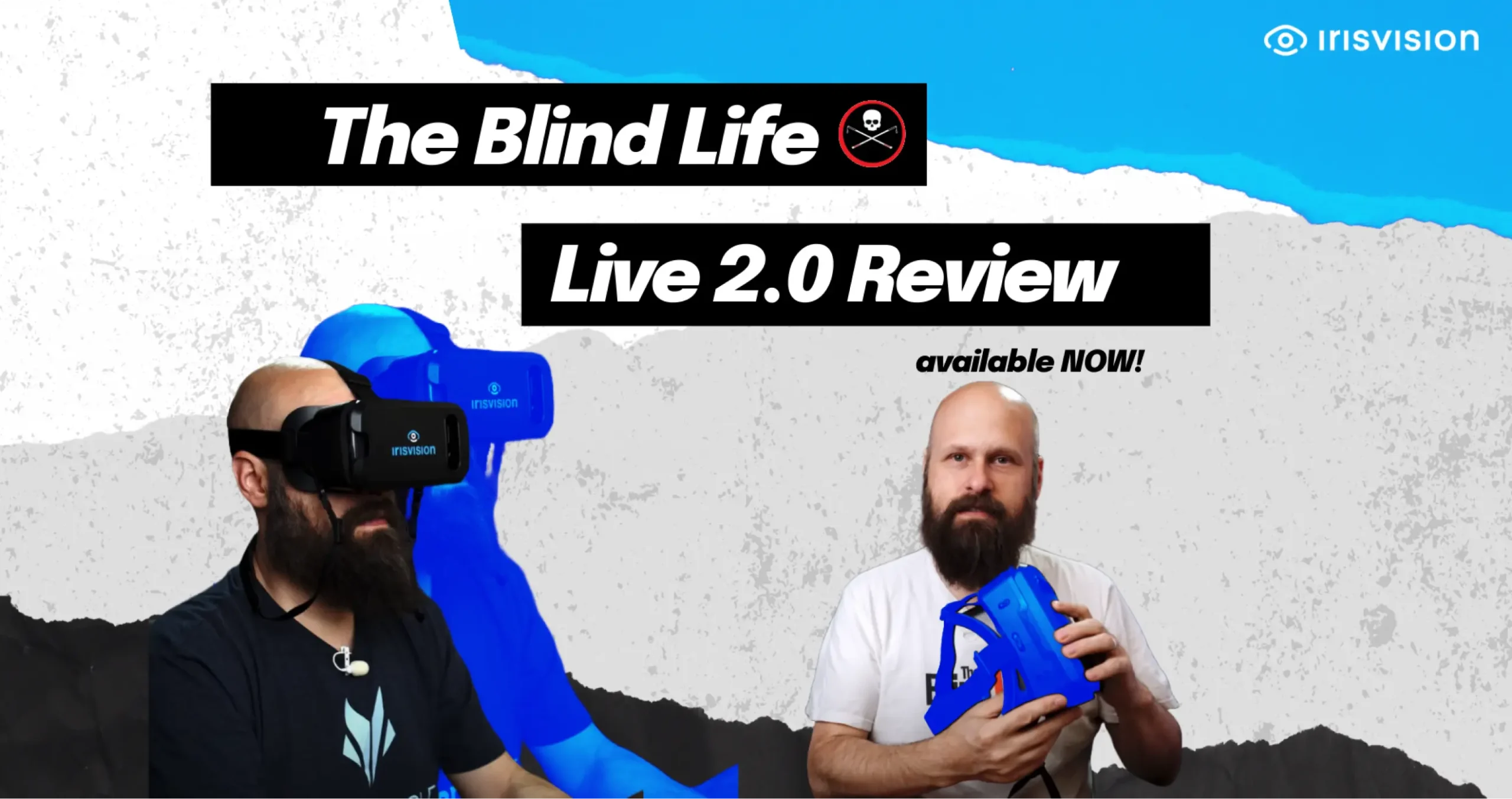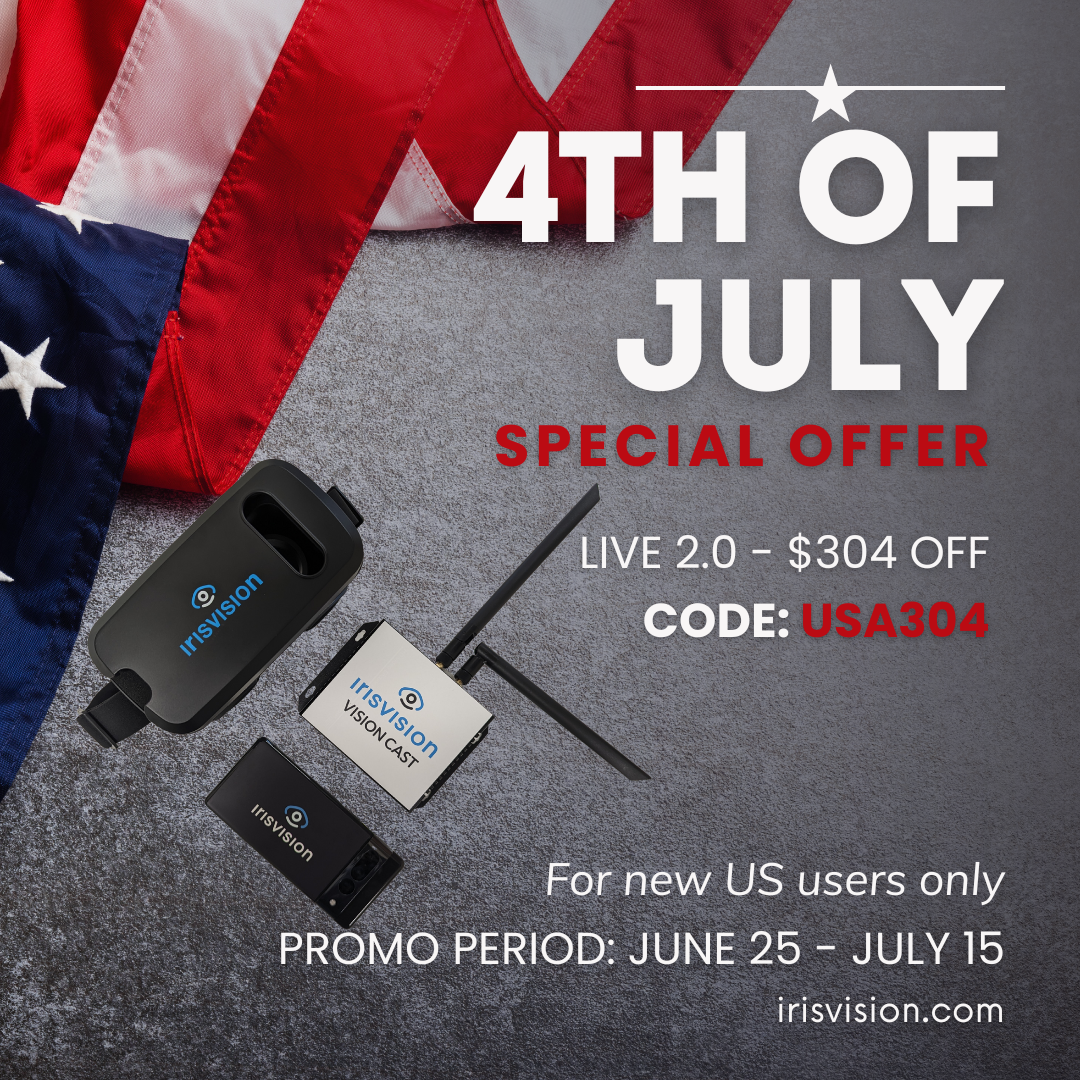Yes, there’s a device out there that can ease you with your ‘Dry Eye’ condition, all by helping you produce real tears, according to MedScape.
The device achieves this feat by stimulating your body’s very own lacrimal system to produce real tears, as revealed by Dr Beeran Meghpara of Wills Eye Hospital Philadelphia and Christopher J. Rapuano, MD, chief of the cornea service at Wills Eye Hospital.
According to them, this new device stimulates your lacrimal system by performing transnasal neurostimulation to produce tears naturally, without requiring any external drops or medication.
Since this is a new device, people who can use it still remain to be figured out completely. However, it can be safely said that people suffering from mild dry eye, those who are already using artificial tears, can use this device, which will help them get rid of assistance of any kind of external drops. More importantly, you can also use the device in conjunction with any other prescribed treatments for dry eyes.
There are also patients who are advised not to use a device capable of sending electrical signals, such as patients using pacemakers and defibrillators. Similarly, people with cochlear implants should avoid using this device as well.
Using this device involves placing it inside your nostrils with about 5% probability of nosebleeds, though these are supposed to be minor generally. So, people already suffering from some kind of nose bleeding issues shall refrain from using this device.
What adds to the authenticity and efficacy of the device is that FDA has approved it and people have reportedly given positive feedback about it.
Interested in knowing more about the device? Move on to MedScape and learn more about it.





